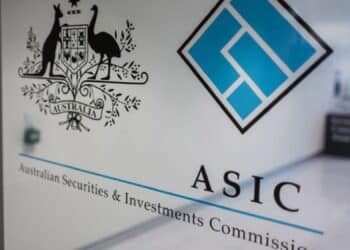While the financial services industry has welcomed the newly announced changes to superannuation in this year’s Federal Budget, many have raised concerns about complexity, calling for industry consultation and a bipartisan approach.
Deputy Prime Minister Wayne Swan and Minister for Financial Services Bill Shorten held a joint press conference last Friday morning in which they outlined the new approach to the Government’s superannuation policy.
The changes – which will impact approximately 20,000 upper income earners and save around $900 million in the next few years – will cap the tax exemption for earnings on super assets supporting income streams at $100,000, with a concessional tax rate of 15 per cent applying thereafter.
The Financial Services Council has welcomed the changes, with chief executive John Brogden saying the package reflected many of the initiatives the council raised with the Government over the last few years.
“However, the higher tax for pensions over $100,000 a year in retirement is complex and designed without industry consultation,” Brogden said. “It would require major changes to how super funds are managed to target only 16,000 individuals. So the Government must consult on the measure.”
The Government also announced a Council of Superannuation Guardians to depoliticise superannuation – a move particularly welcomed by the Industry Super Network (ISN).
The ISN urged the Government to establish this body as soon as possible, calling the Coalition to support this proposal.
“For the sake of members’ confidence in the system we need to draw a line under the tax settings in super,” ISN stated. “This can only realistically be achieved if there is broad bipartisan agreement on the settings.”
Both the Financial Planning Association (FPA) and the Association of Financial Advisers (AFA) agreed the changes were a step in the right direction, but have raised concerns about the complexity of these new measures.
“Any increase in tax and any further complexity of our superannuation system will inevitably result in Australians losing faith in super,” said AFA CEO Brad Fox.
“If this happens, Australians may well look to alternative avenues when saving for retirement.”
Similarly, FPA chief Mark Rantall called on the Government to put a stop to future changes.
“We further call for both sides of politics to commit to refrain from future changes to the super system so that Australians can once again obtain confidence and trust in their retirement nest egg.”
The SMSF Professionals’ Association of Australia (SPAA) has also responded to the announcement, particularly supporting the increase in the concessional cap for the over-60s this year and the over-50s next year.
“[This] will assist Australians close to retirement, particularly women and those with broken work patterns, through the ability to contribute and build a more dignified and self-sufficient retirement,” said SPAA CEO Andrea Slattery.





